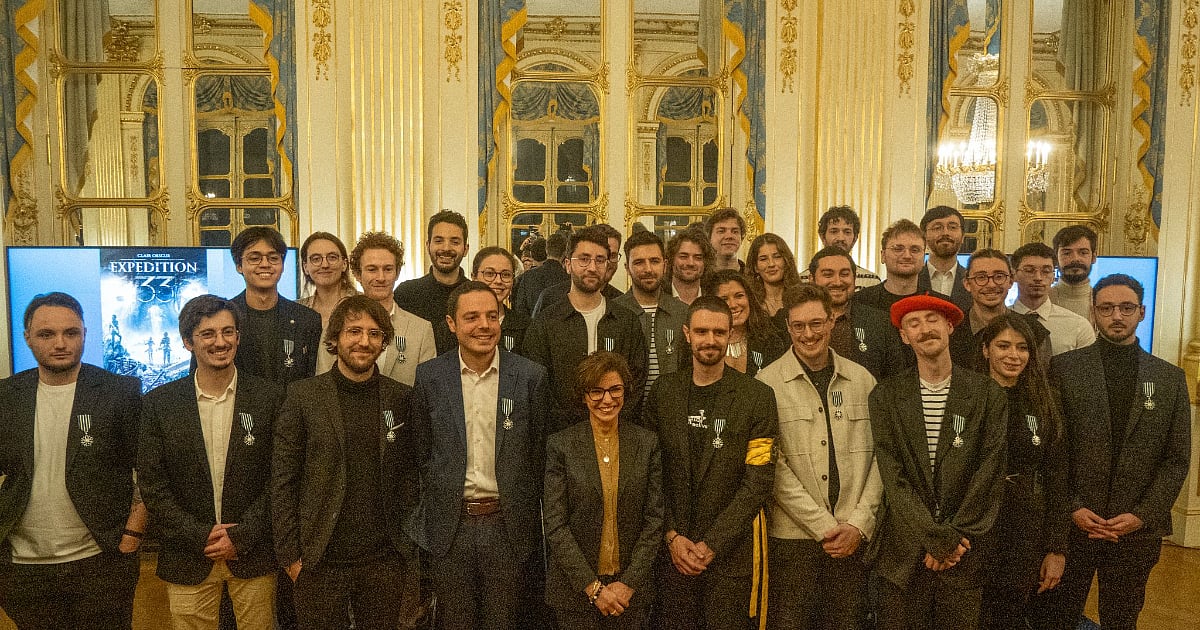
Does India Need an Online Safety Act for Gamers?
Does India Need an Online Safety Act for Gamers?
Highlights
- India’s gamer population is the largest in the world by downloads, with over 450 million players driving a rapidly expanding online ecosystem.
- Financial losses and cyber risk remain critical threats; more than INR 20,000 crore is lost annually by 45 crore users, and over 11 million gaming accounts were compromised in 2024.
- Experts and advocates argue for a dedicated Online Safety Act to protect both casual and competitive gamers, covering issues from addiction and data security to harassment and fair play.
India’s gaming sector has transformed at an unprecedented pace, becoming one of the largest digital entertainment markets globally in both user base and downloads. With more than 450 million active gamers, the country’s gamers are now central to the business strategies of global developers and publishers. The sheer scale of user engagement has brought new opportunities like the rise of competitive esports, influencer-driven promotional content, and vibrant local gaming communities. Yet this explosive growth has outpaced the safety protocols designed to protect gamers from digital and financial harm, leaving millions exposed to risks that were less prominent just a decade ago.
Both casual players and serious esports athletes have seen platforms diversify in form and content. Customizable avatars, voice chat features, in-game purchases, battle passes, and direct-to-mobile tournament entries have become standard. But as games get more complex and socially immersive, instances of cyberbullying, stress, fraudulent purchases, and identity theft have accelerated. According to the Tamil Nadu Online Games Authority (TNOGA) 23% of Indian youth now experience stress or negative thoughts tied to gaming, and 87% of students report regular gaming activity. Such habits go beyond mere pastime in a country where peer competition, influencer marketing, and gaming skill can become life-altering forces.
Financial and Psychological Harm: Why Safety Matters
Over 84,000 Indian gaming accounts were leaked in 2024 which highlights severe security concerns. The popularity of VPNs and geo-blockers allows users to bypass local restrictions, further widening the threat landscape and making regulation and effective user protection more difficult.
The scale and nature of online gaming in India complicate attempts to safeguard users. Players often share personal information, voice chat with strangers, and participate in vast player networks spanning national boundaries. It creates fertile ground for harassment, identity theft, and misinformation. Recent studies indicate that nearly one in five Indian gamers has experienced some form of online abuse or threat in the last year, while data privacy incidents linked to gaming platforms have raised alarms amid ongoing vulnerabilities in security practices.
Loot boxes, microtransactions, and ‘pay-to-win’ schemes remain largely unregulated, and parental awareness of such mechanics is often limited. These practices risk fostering compulsive behavior and financial harm, calling for regulations tailored to the gaming experience rather than broader internet use.
Current Indian Regulatory Landscape
India’s existing digital regulatory framework centers mostly on broad data protection laws and sector-specific policies, such as the 2025 Online Gaming Act that regulates real-money gaming and gambling. However, there remains a conspicuous lack of dedicated, comprehensive legislation addressing the unique challenges of video gaming as a social and cultural phenomenon. The Digital Personal Data Protection Act 2023 provides a foundation for data privacy but is insufficient by itself to manage gaming’s interactive and real-time nature.
The absence of explicit legal standards leaves many gaps. For instance, there are no mandated industry protocols for monitoring and moderating user content in multiplayer games or clear accountability for platform operators in cases of user abuse. Child safety online, especially concerning exposure to violent or inappropriate content, relies largely on voluntary rating systems and parental controls that vary widely in availability and effectiveness.
Recognizing these shortcomings, many can recognize the value of a standalone Online Safety Act for gamers. Such a law would go beyond privacy alone, establishing clear obligations for game developers, publishers, and platform operators regarding user protection, transparent monetization practices, and proactive community management.
Key provisions could include mandatory implementation of parental controls tailored for video games, transparency around algorithms affecting matchmaking and content recommendations, robust hate speech and harassment policies, and accessible grievance redress mechanisms available across game genres and platforms. Enforcement would require an empowered regulator with authority to investigate non-compliance, impose penalties, and issue binding conduct codes for gaming stakeholders.
Moreover, the Act could promote mental health awareness and responsible gaming initiatives funded by industry contributions and government programs, supporting players susceptible to addiction or psychological harm. By setting a clear legal framework, India could safeguard the rights and well-being of its massive gaming population while encouraging a vibrant, sustainable industry ecosystem.
Lessons from Global Online Safety Frameworks
India could draw on established international precedents such as the UK’s Online Safety Bill and the US's evolving framework for digital platform accountability. These models emphasize transparency, child protection, and multi-stakeholder governance. However, India’s approach must also reflect its unique demographic realities of vast rural-urban divides, multilingual audiences, and varying digital literacy levels, as well as its vibrant content culture rooted in local narratives.
Digital inclusion initiatives could play a critical role in ensuring that safety regulations do not inadvertently marginalize smaller studios or indie creators. An inclusive policy environment could empower diverse content creators while establishing safeguards that raise the industry’s overall standards sustainably.
Policymakers could prioritize drafting a comprehensive Online Safety Act tailored to gamers, leveraging insights from industry, academic research, and civil society advocacy. Such legislation would align India’s domestic standards with global best practices while addressing emerging challenges unique to the vibrant and fast-evolving world of video games. In doing so, it would protect millions of gamers, preserve creative freedom, and solidify India’s standing as a global gaming powerhouse ready for the next generation of play.

Author
Abhimannu Das is a web journalist at Outlook India with a focus on Indian pop culture, gaming, and esports. He has over 10 years of journalistic experience and over 3,500 articles that include industry deep dives, interviews, and SEO content. He has worked on a myriad of games and their ecosystems, including Valorant, Overwatch, and Apex Legends.
Abhimannu Das is a web journalist at Outlook India with a focus on Indian pop culture, gaming, and esports. He has over 10 years of journalistic experience and over 3,500 articles that include industry deep dives, interviews, and SEO content. He has worked on a myriad of games and their ecosystems, including Valorant, Overwatch, and Apex Legends.
Related Articles







